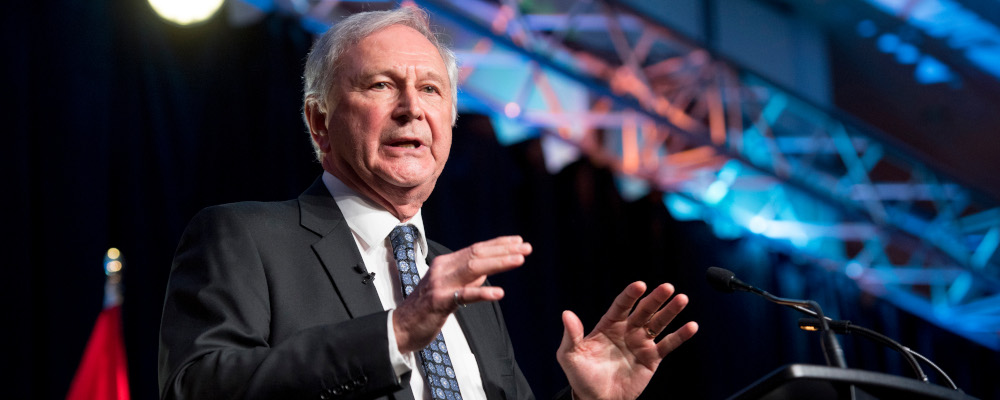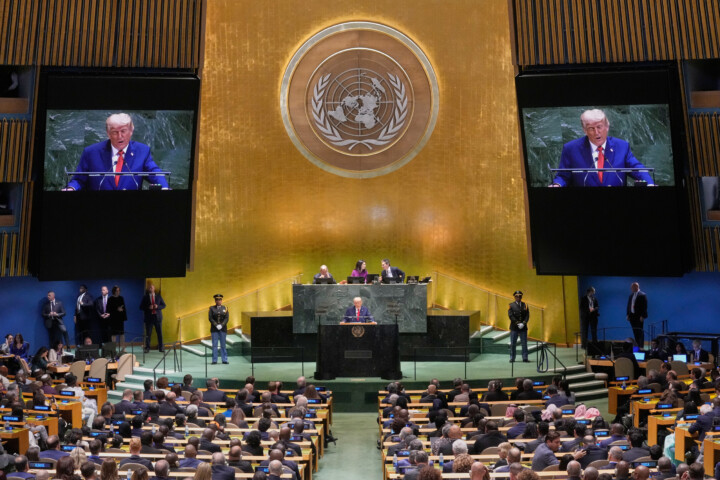The New Brunswick government’s controversial changes to Policy 713 concerning sexual orientation and gender identity in the province’s schools have generated a ton of political and policy debate. At the point of writing it’s still unknown whether the government or its policy changes will ultimately survive.
Today The Hub published an article by occasional contributor Rahim Mohamed that cautions Premier Blaine Higgs and his supporters from misinterpreting the polls on the issue. He points to instances in the U.S. where conservatives have overreached on so-called “cultural issues” and lost political support even when polls seemingly indicated public approval for their specific policy positions. As Mohamed puts it: “Even if they agree with him in principle, critical swing voters may still abandon Higgs if they sense that he is trying to ‘weaponize’ this issue at the expense of already vulnerable transgender communities.”
He’s right of course. It must be said that voters should indeed abandon the premier and his government if they were “weaponizing” an issue involving sexual minorities in general and children dealing with gender dysphoria in particular.
But it’s far from obvious that’s what’s happening here. This seems to be a case of the government seeking to find its way on an evolving issue with moral, scientific, and public interest dimensions. Its proposed path forward—including new parental consent requirements for students aged 16 and younger on one hand and gender-neutral washrooms on the other hand—is one in search of a moderate middle ground rather than a deliberate act of political provocation.
Just as we ought to be ready to condemn those who “weaponize” these sensitive issues, we should similarly be prepared to call out those who make such claims (I’m not referring to Mohamed here, who is merely warning about such a perception) in order to discredit opposing ideas and voices from standing in a highly-charged yet proper public debate.
Assuming that the premier’s motives are solely political diminishes the substantive differences reflected in the competing positions at play. It implies that one side is virtuous and the other is crass. It’s a sort of political caricature that clarifies little about the contours of the debate itself.
The biggest differences actually transcend questions about gender and sexuality. No one has even challenged transgender rights in the main. The political argument is fundamentally about the relationship between children, parents, and the state.
The two sides start with differing premises about parents themselves. In an exclusive interview with The Hub last week, Dominic Cardy, a former education minister in the Higgs government and the biggest critic of its changes to Policy 713, contended that while polls showed majority public support for the parental consent reforms, it would change if pollsters asked, “Do you think that parents should know what’s going on with their kids if they’re going to use that information to potentially harm their children?”
He’s probably right about the public’s response but he’s wrong that it’s a compelling argument. One suspects that the public would agree with virtually any statement if they believed that children were going to be put in harm. But it’s a bizarre basis for policymaking.
In what other instance does public policy begin with the presumption—essentially a reverse onus—that parents are dangerous and harmful to their children? Why should it be the default here rather than creating an alternative process (as the government sensibly proposes) for the rare cases in which teachers or school administrators have legitimate reasons to be concerned for students?
It’s entirely in keeping with normal policy practices and our own experiences and intuitions about parents to assume that most love their children and ultimately want what’s best for them. It doesn’t seem divisive or radical for the Higgs government to base its policy accordingly.
It’s also the case that there are plenty of instances when government laws or policies explicitly recognize children as less autonomous than adults. A high-profile example is the Youth Criminal Justice Act which treats children as old as aged 18 differently than adult offenders for the purposes of criminal sentencing on the basis that they have “have heightened vulnerability, less maturity and a reduced capacity for moral judgment.”
What makes it such a powerful comparison is that one suspects that there would be a lot of overlap among those who oppose the Higgs government’s changes to Policy 713 and support the basic principles of the Youth Criminal Justice Act. It’s not obvious however what part of the latter’s rationale shouldn’t apply to the former. If 16-year-olds are mature enough to make judgments about their gender identity without parental consent, what’s the internally consistent logic for treating them as kids before the courts?

The purpose of these rhetorical questions isn’t necessarily to persuade people that the government’s policy changes ought to be supported in and of themselves. One can recognize that these are complex issues and there are good-faith perspectives on both sides including individuals and families for whom they involve real-life questions. But they are meant to push back against the wrong-headed notion that the only way to come to the Higgs government’s policy outcomes is to assume crass politics or worse.
Far from “weaponizing” gender identity issues, the government has seemingly sought a sensible middle-ground position rooted in long-standing legal and social conventions about the rights and responsibilities of children, parents, and the state.
If the debate over New Brunswick’s Policy 713 is indeed a new front in the so-called “culture war”, the onus is on the government’s critics to explain why they’ve taken up ideological arms in the face of such pragmatic policy. Because it seems like only one side is really fighting. The coming days will determine if the premier and his government can withstand the political barrage.
Recommended for You

Why U.S. intervention in Venezuela will fail and test Canada’s diplomatic independence: Former ambassador to Venezuela

‘An uphill battle’: Canada’s former Venezuela ambassador on why Trump’s gambit will become a quagmire

Canada’s post-secondary schools need a major wake-up call

‘Energy is power’: Trump goes for Venezuelan oil—where does that leave Canada?




